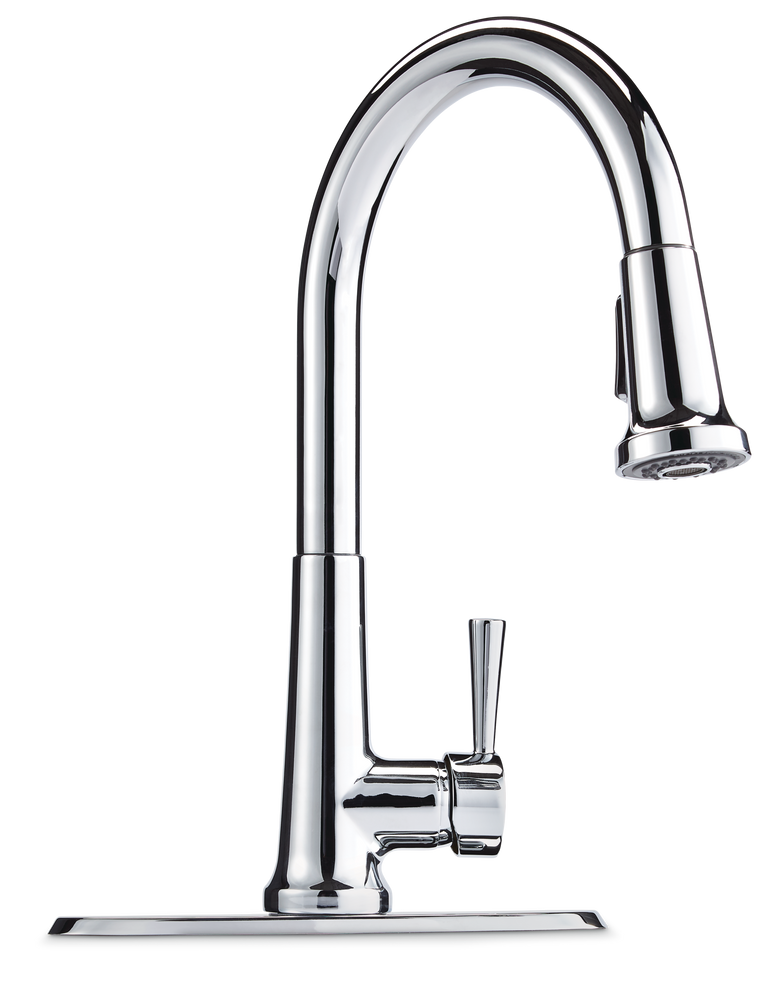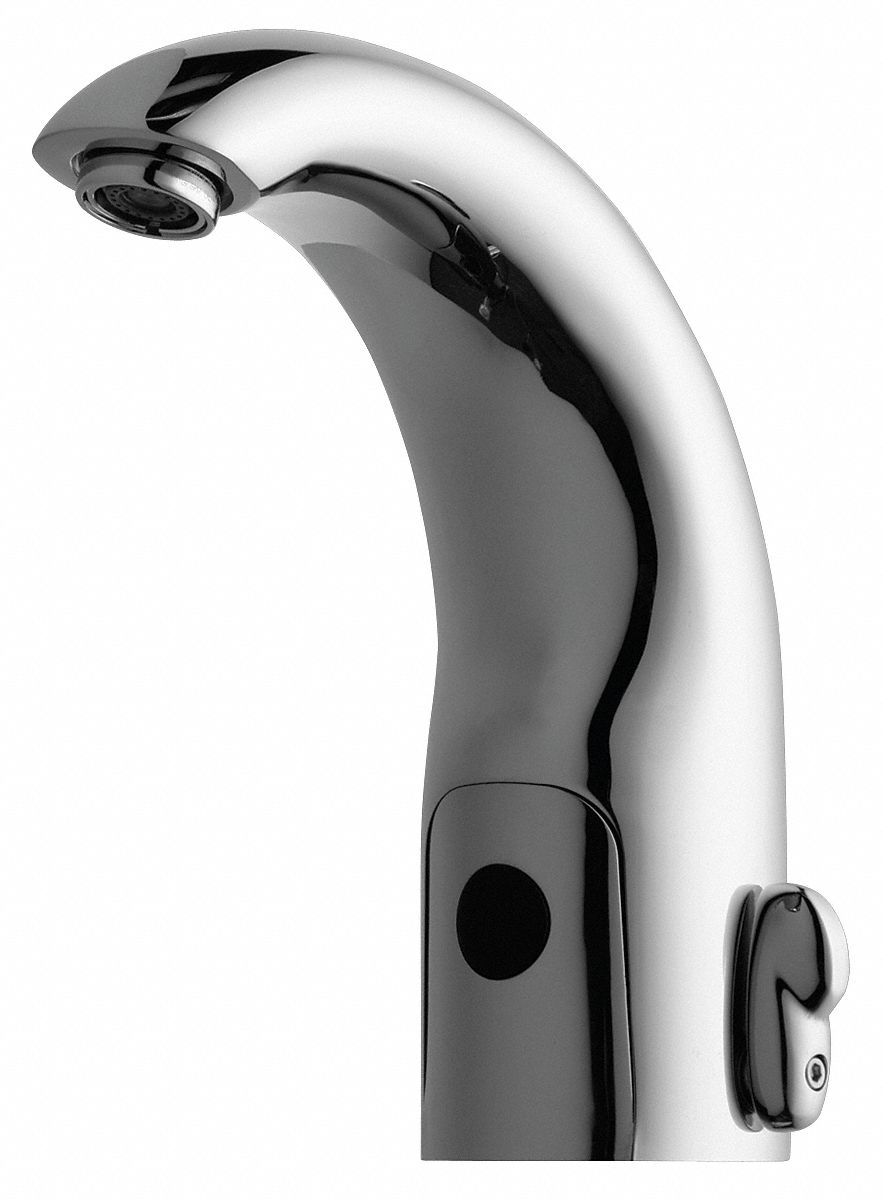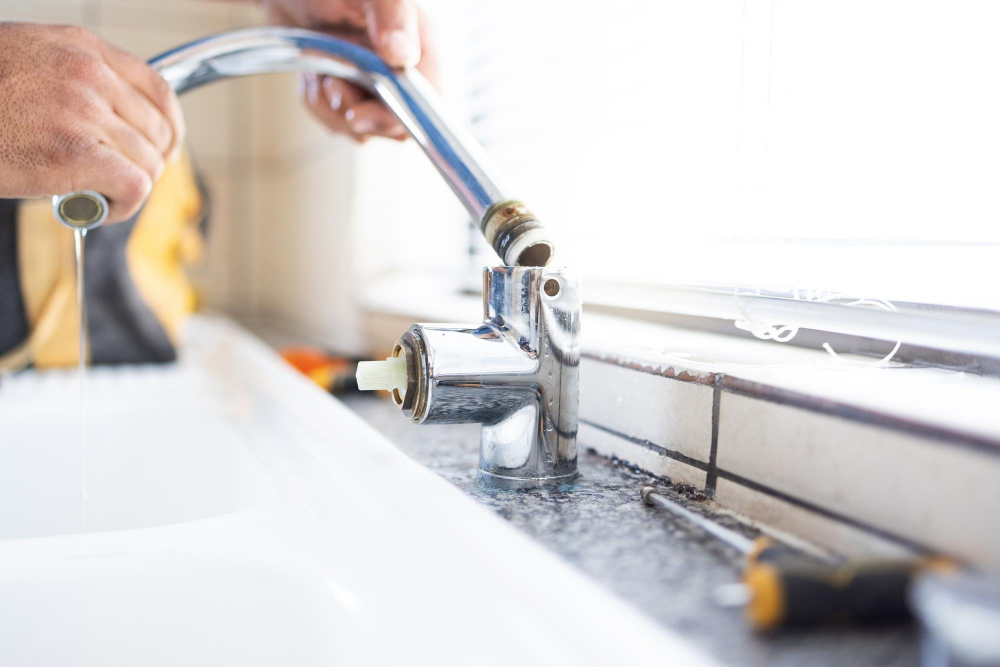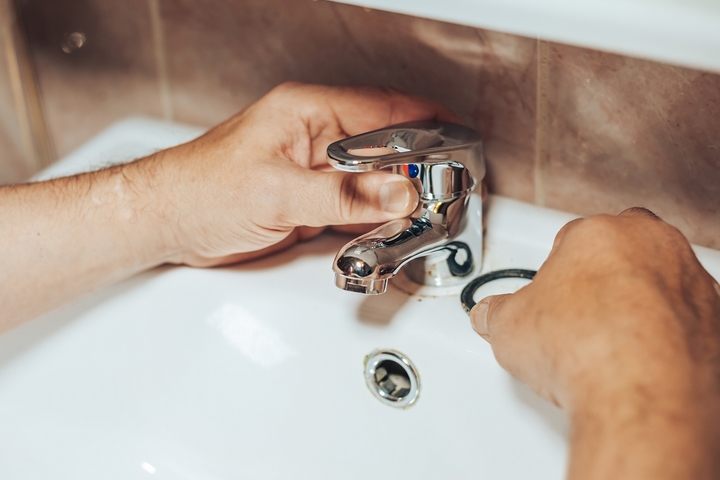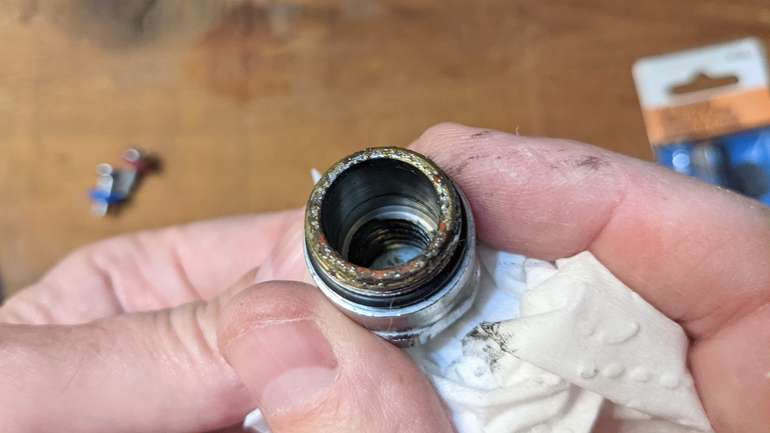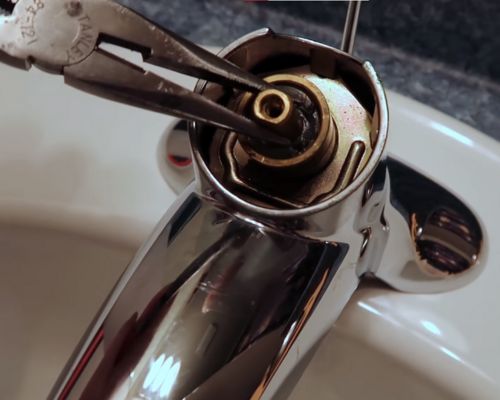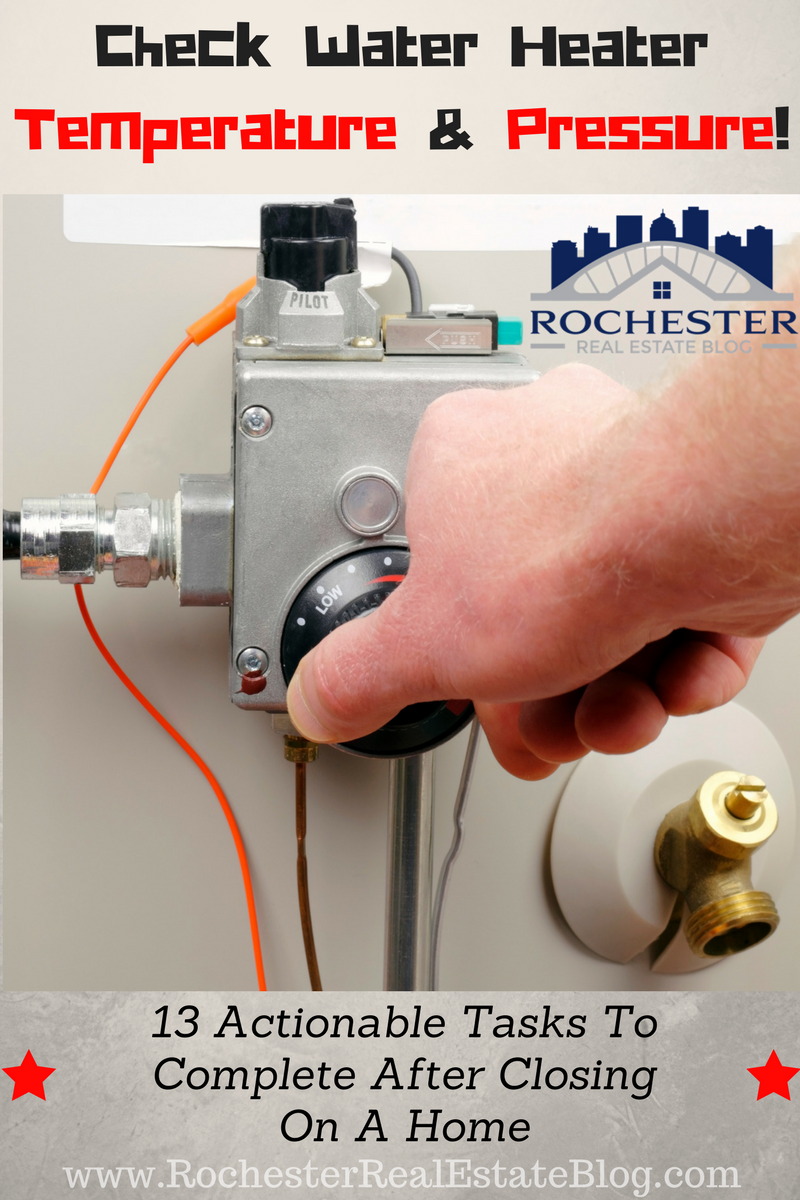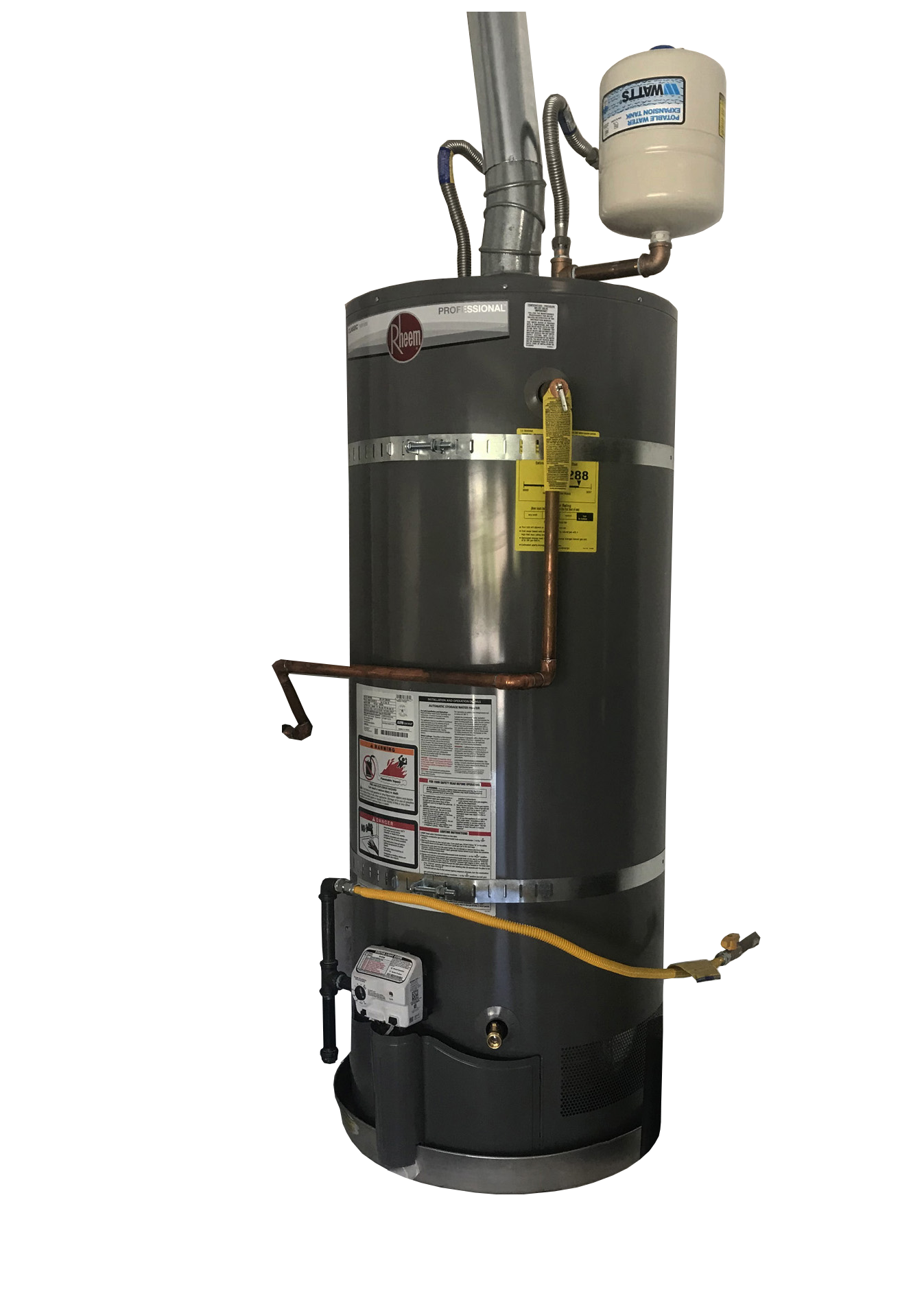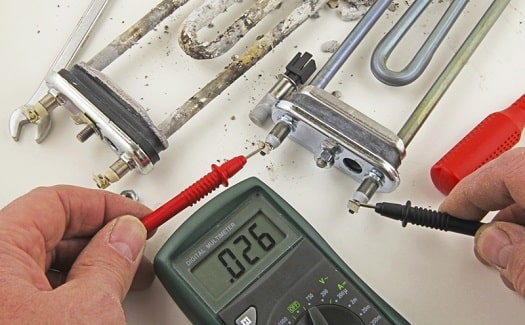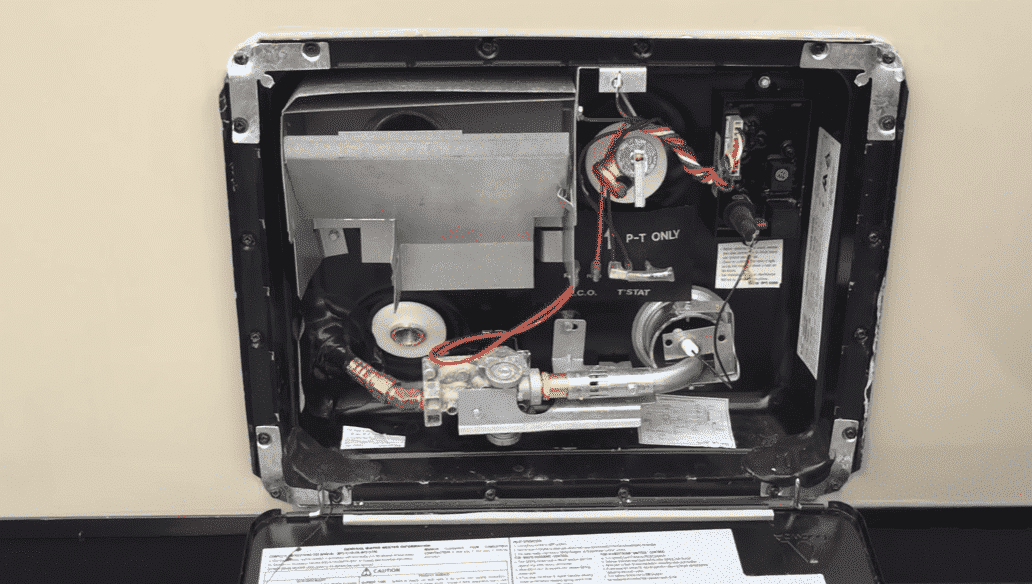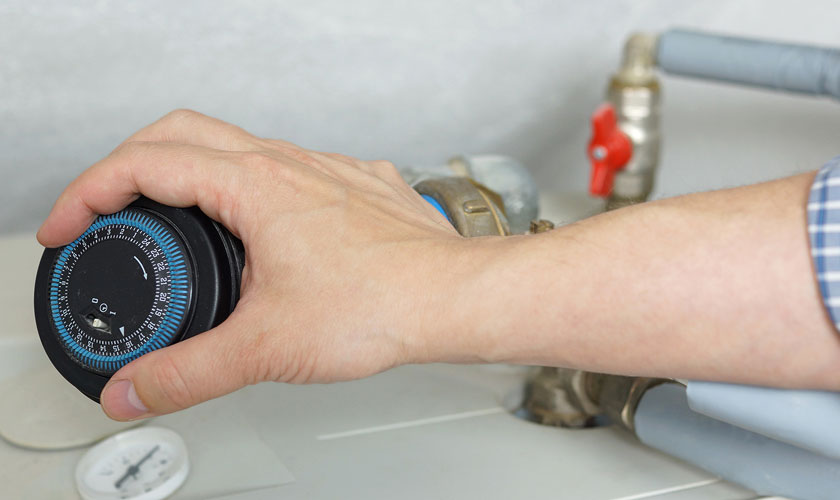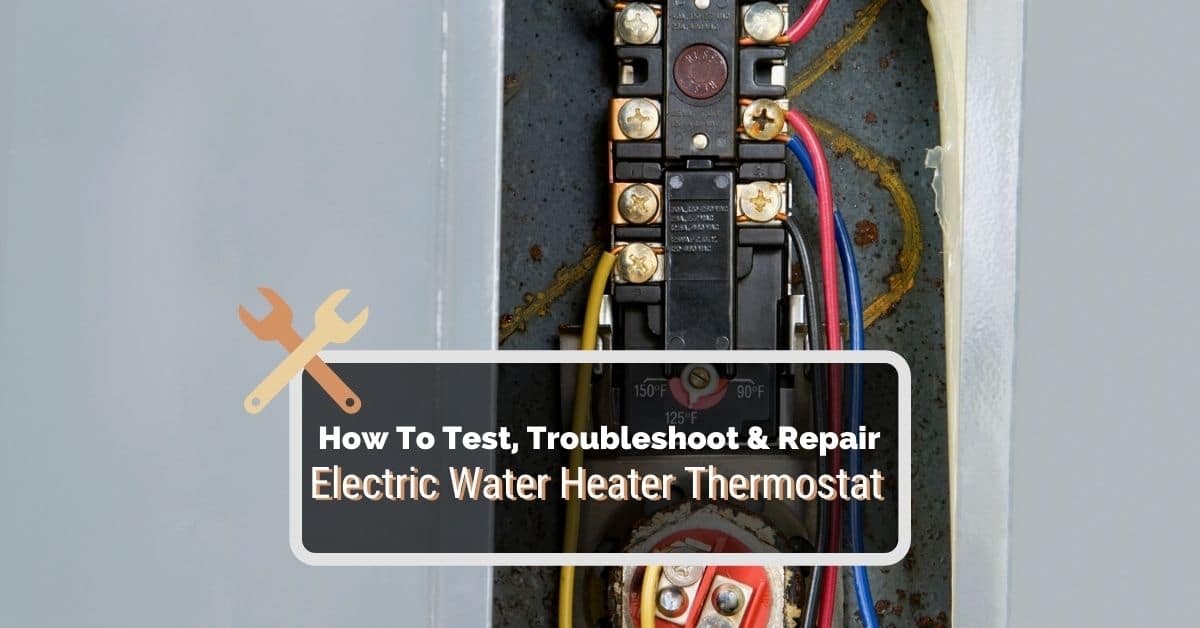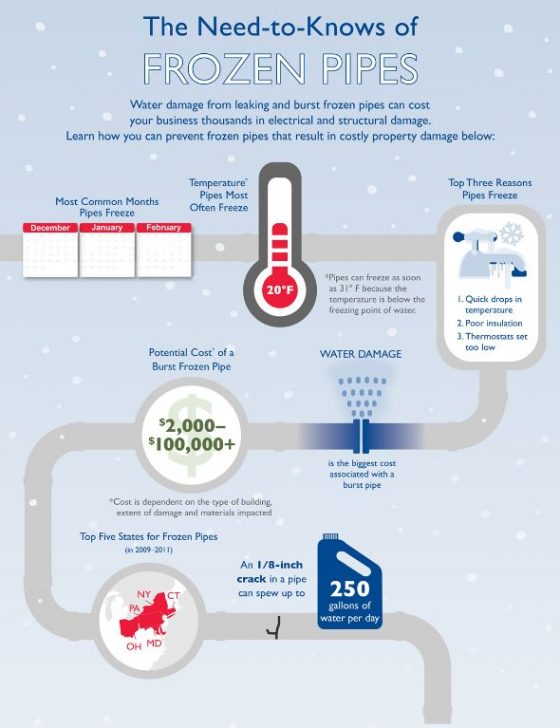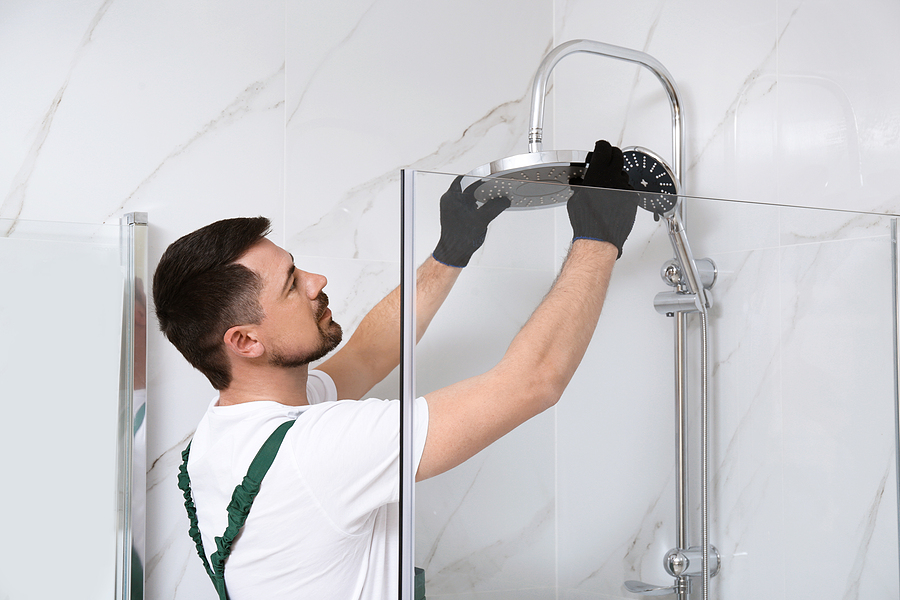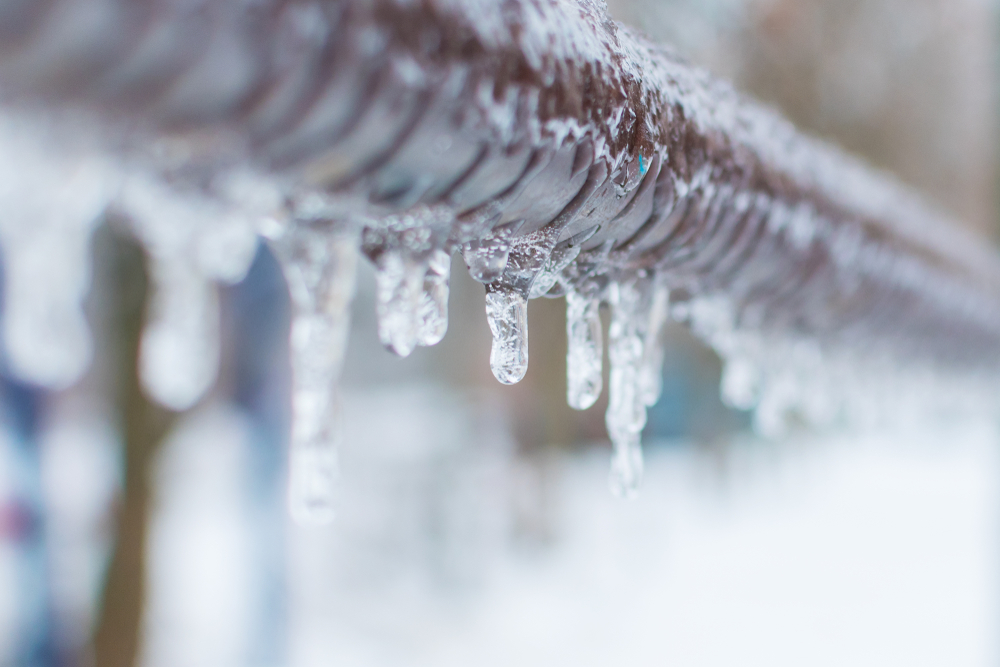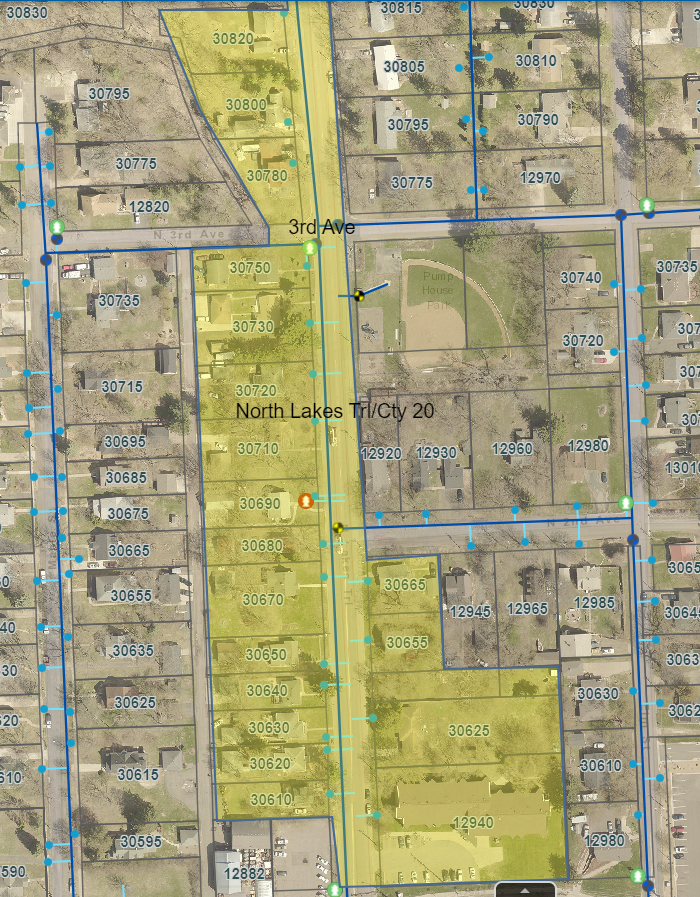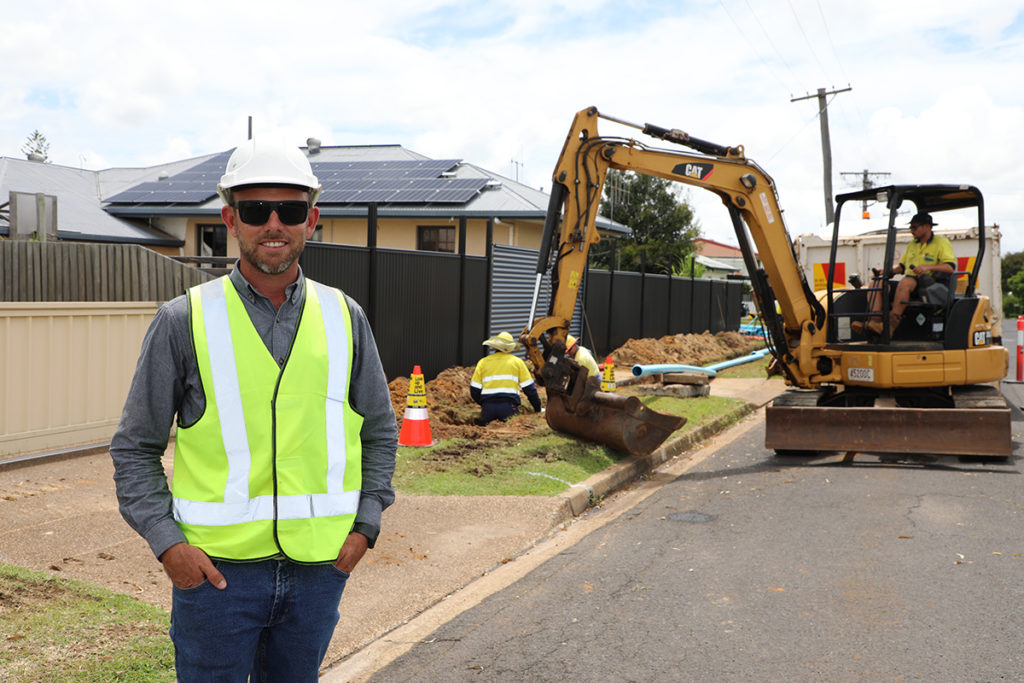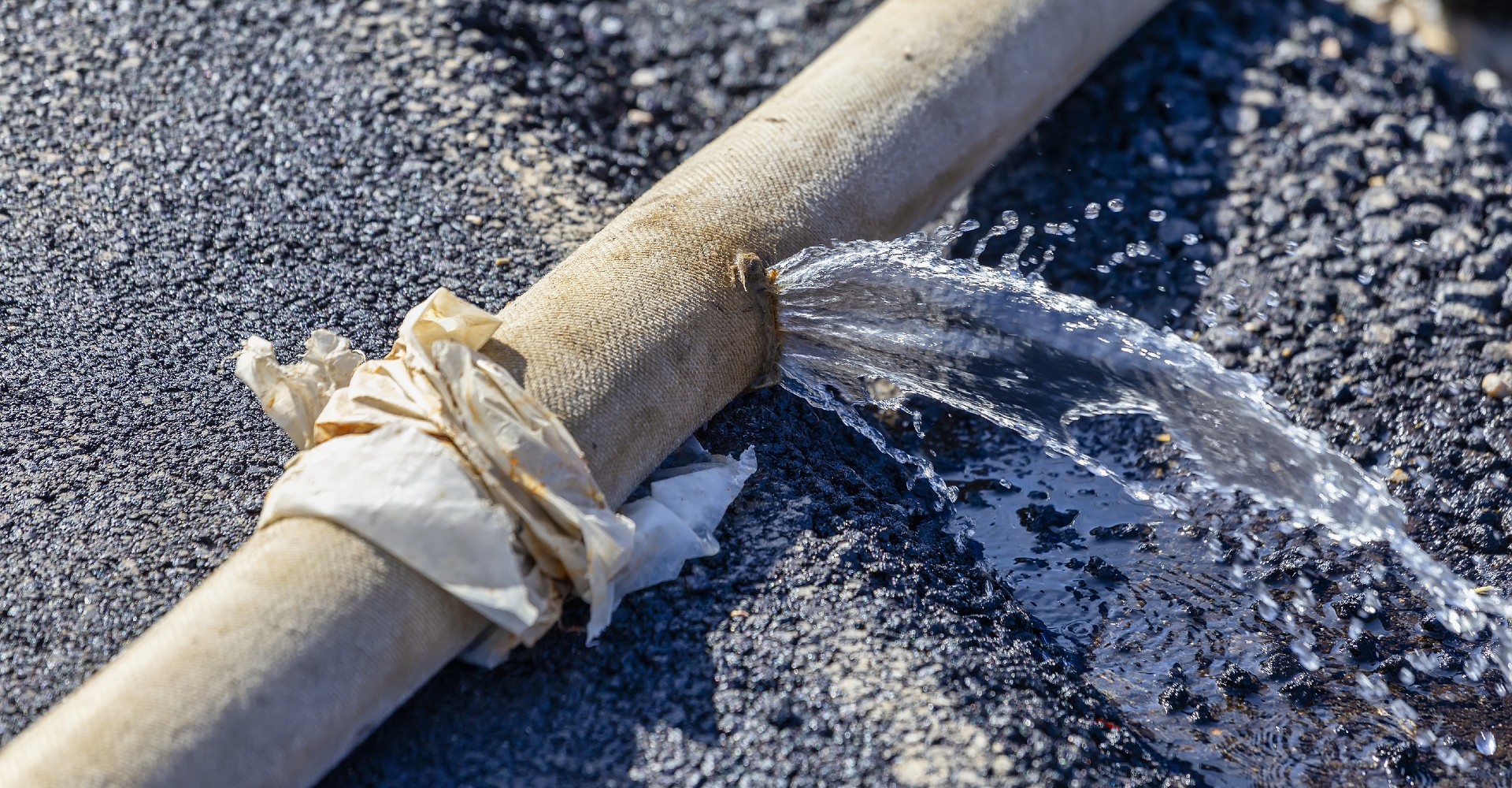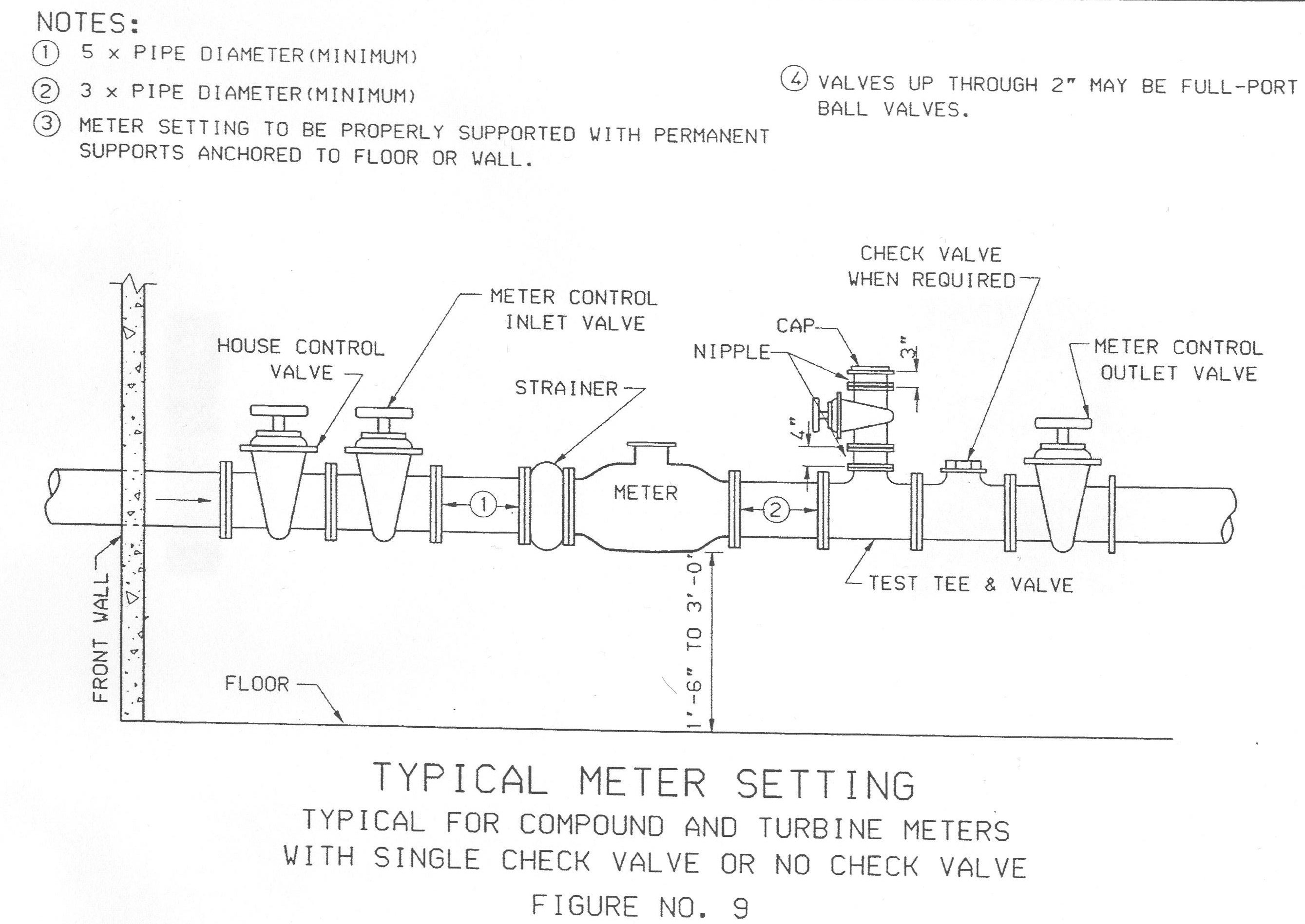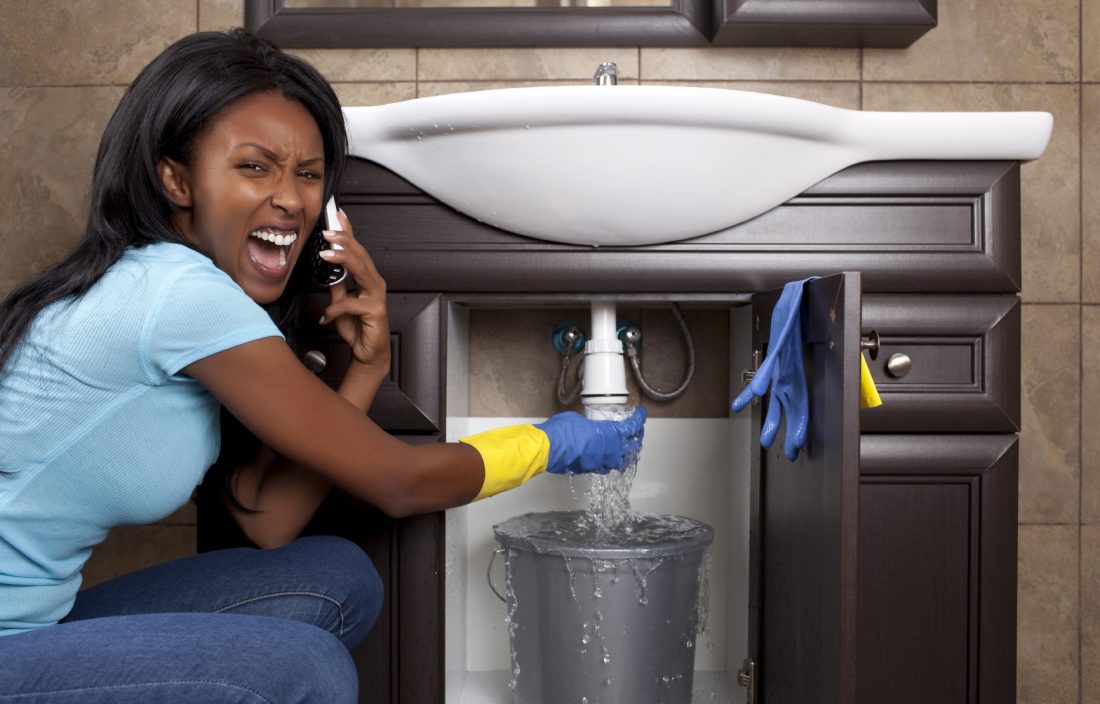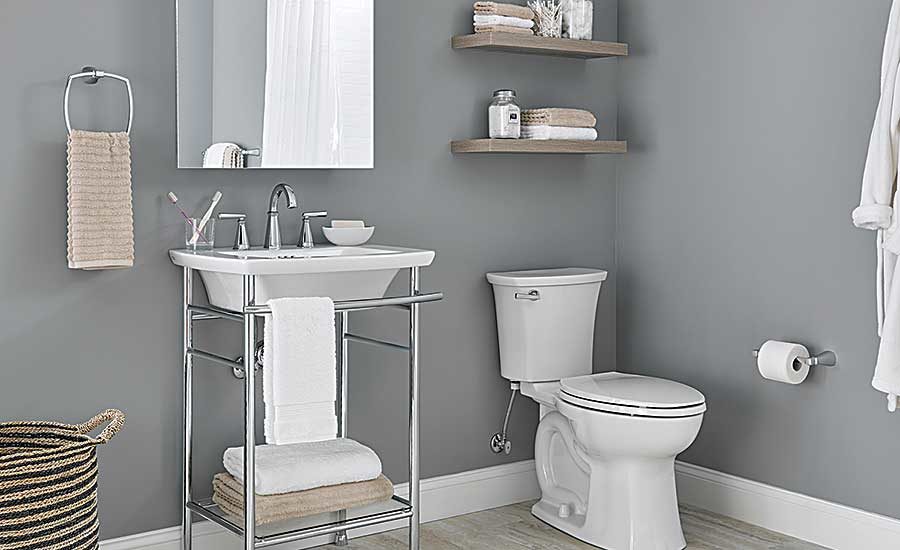The first step to take when you suddenly have no water pressure in your kitchen sink is to check the water supply valve. This valve controls the flow of water into your home and may have been accidentally turned off or closed. Make sure that the valve is fully open and check the water pressure in your sink again.1. Check the water supply valve
The aerator is a small screen at the end of your faucet that helps to regulate the water flow. Over time, it can become clogged with mineral deposits or debris, causing a decrease in water pressure. Remove the aerator and clean it with a mixture of water and vinegar, then replace it and check the water pressure again.2. Inspect the aerator
Clogged pipes are a common cause of low water pressure in sinks. If you have noticed a decrease in water pressure in other areas of your home as well, it is likely that there is a clog in your main water line. You can try using a plunger or a drain snake to clear the clog, or call a professional plumber for assistance.3. Check for clogged pipes
A leak in your plumbing system can also cause a sudden decrease in water pressure. Check for any visible leaks under your sink or in the surrounding area. If you do not find any leaks, you may have a hidden leak in your pipes. In this case, it is best to call a plumber to locate and fix the issue.4. Look for leaks
The water pressure regulator is a device that controls the pressure of the water entering your home. If it is not functioning properly, it can cause a sudden drop in water pressure. If you suspect that your water pressure regulator is the issue, it is best to call a professional to inspect and repair it.5. Check the water pressure regulator
The faucet cartridge is a small piece of equipment that controls the flow of water through your faucet. Over time, it can become worn or clogged, leading to a decrease in water pressure. If this is the case, you may need to replace the cartridge or have a plumber do it for you.6. Inspect the faucet cartridge
If you have a hot water heater, it is possible that the issue lies with the heater itself. Check the temperature setting on your water heater and make sure it is set high enough to provide adequate pressure. If the issue persists, you may need to have your water heater repaired or replaced.7. Check the water heater
In colder climates, frozen pipes can be a common cause of low water pressure. If you suspect that your pipes may be frozen, you can try thawing them with a hairdryer or calling a plumber for assistance. To prevent frozen pipes in the future, make sure to insulate your pipes during the winter months.8. Look for frozen pipes
If none of the above solutions have solved your low water pressure issue, the problem may lie with your water main. The water main is the main pipe that delivers water to your home, and if it is damaged or clogged, it can result in a decrease in water pressure. In this case, it is best to call a professional plumber to inspect and repair the issue.9. Check the water main
If you have exhausted all possible solutions and are still experiencing low water pressure in your kitchen sink, it is best to call a professional plumber for assistance. They have the knowledge and tools to diagnose and fix any underlying issues that may be causing the problem.10. Call a plumber
Solving Low Water Pressure in the Kitchen Sink

Why is There Suddenly No Water Pressure in My Kitchen Sink?
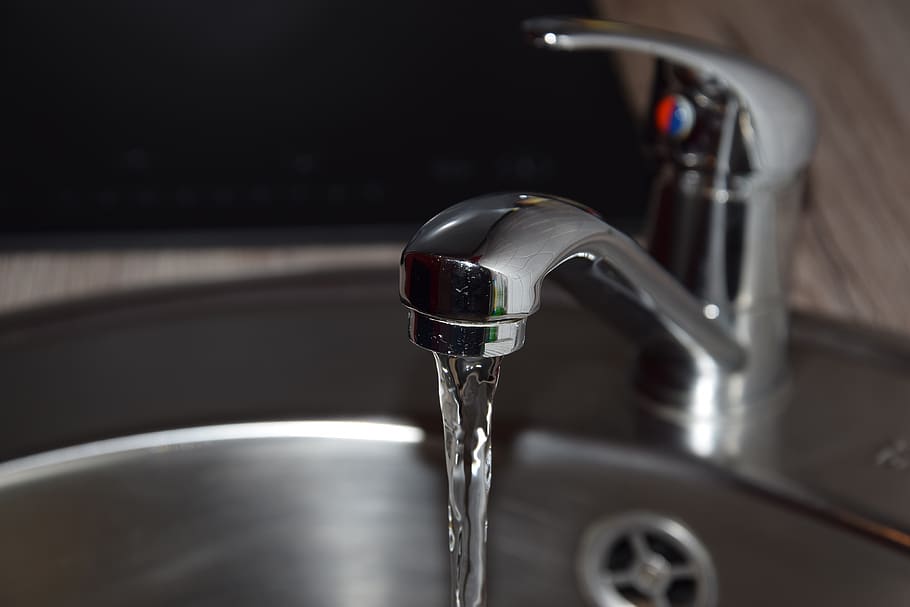 If you've noticed a sudden decrease in water pressure in your kitchen sink, you may be wondering what could be causing this issue. Low water pressure can be frustrating and make everyday tasks like washing dishes and cooking more difficult. There are several potential reasons for low water pressure in the kitchen sink, and understanding the cause can help you find a solution.
Possible Causes of Low Water Pressure
There are a few common reasons why you may be experiencing low water pressure in your kitchen sink. One of the most common causes is a clogged aerator. The aerator is a small mesh screen at the end of the faucet that helps to regulate the flow of water. Over time, mineral deposits and debris can build up in the aerator, causing water to flow slower. Another possible cause is a clogged pipe. If there is a blockage in the pipes leading to your kitchen sink, it can restrict the flow of water and cause low pressure.
How to Fix Low Water Pressure
The first step in fixing low water pressure in your kitchen sink is to check the aerator. To do this, unscrew the aerator from the end of the faucet and clean it thoroughly with a brush and some vinegar to remove any buildup. If the aerator is clean and the water pressure is still low, the issue may be a clogged pipe. In this case, it's best to call a professional plumber to locate and remove the blockage.
Another potential solution is to install a water pressure booster. This device can help to increase the water pressure in your kitchen sink by regulating the flow of water and increasing the force with which it is delivered. It's important to note that a water pressure booster should only be installed by a licensed plumber, as improper installation can cause damage to your plumbing system.
Preventing Low Water Pressure
To prevent low water pressure in the future, it's important to regularly clean your aerator and maintain your plumbing system. This includes regularly checking for and addressing any leaks, as well as avoiding putting food scraps or other debris down the drain. Additionally, consider installing a water softener if you live in an area with hard water, as this can help prevent mineral buildup in your pipes.
In conclusion, low water pressure in the kitchen sink can be caused by a variety of factors, but it is a common issue that can be easily fixed. By understanding the potential causes and solutions, you can effectively troubleshoot and prevent low water pressure in your kitchen sink. Remember to regularly maintain your plumbing system to prevent future issues and always consult a professional if you are unsure how to fix the problem yourself.
If you've noticed a sudden decrease in water pressure in your kitchen sink, you may be wondering what could be causing this issue. Low water pressure can be frustrating and make everyday tasks like washing dishes and cooking more difficult. There are several potential reasons for low water pressure in the kitchen sink, and understanding the cause can help you find a solution.
Possible Causes of Low Water Pressure
There are a few common reasons why you may be experiencing low water pressure in your kitchen sink. One of the most common causes is a clogged aerator. The aerator is a small mesh screen at the end of the faucet that helps to regulate the flow of water. Over time, mineral deposits and debris can build up in the aerator, causing water to flow slower. Another possible cause is a clogged pipe. If there is a blockage in the pipes leading to your kitchen sink, it can restrict the flow of water and cause low pressure.
How to Fix Low Water Pressure
The first step in fixing low water pressure in your kitchen sink is to check the aerator. To do this, unscrew the aerator from the end of the faucet and clean it thoroughly with a brush and some vinegar to remove any buildup. If the aerator is clean and the water pressure is still low, the issue may be a clogged pipe. In this case, it's best to call a professional plumber to locate and remove the blockage.
Another potential solution is to install a water pressure booster. This device can help to increase the water pressure in your kitchen sink by regulating the flow of water and increasing the force with which it is delivered. It's important to note that a water pressure booster should only be installed by a licensed plumber, as improper installation can cause damage to your plumbing system.
Preventing Low Water Pressure
To prevent low water pressure in the future, it's important to regularly clean your aerator and maintain your plumbing system. This includes regularly checking for and addressing any leaks, as well as avoiding putting food scraps or other debris down the drain. Additionally, consider installing a water softener if you live in an area with hard water, as this can help prevent mineral buildup in your pipes.
In conclusion, low water pressure in the kitchen sink can be caused by a variety of factors, but it is a common issue that can be easily fixed. By understanding the potential causes and solutions, you can effectively troubleshoot and prevent low water pressure in your kitchen sink. Remember to regularly maintain your plumbing system to prevent future issues and always consult a professional if you are unsure how to fix the problem yourself.
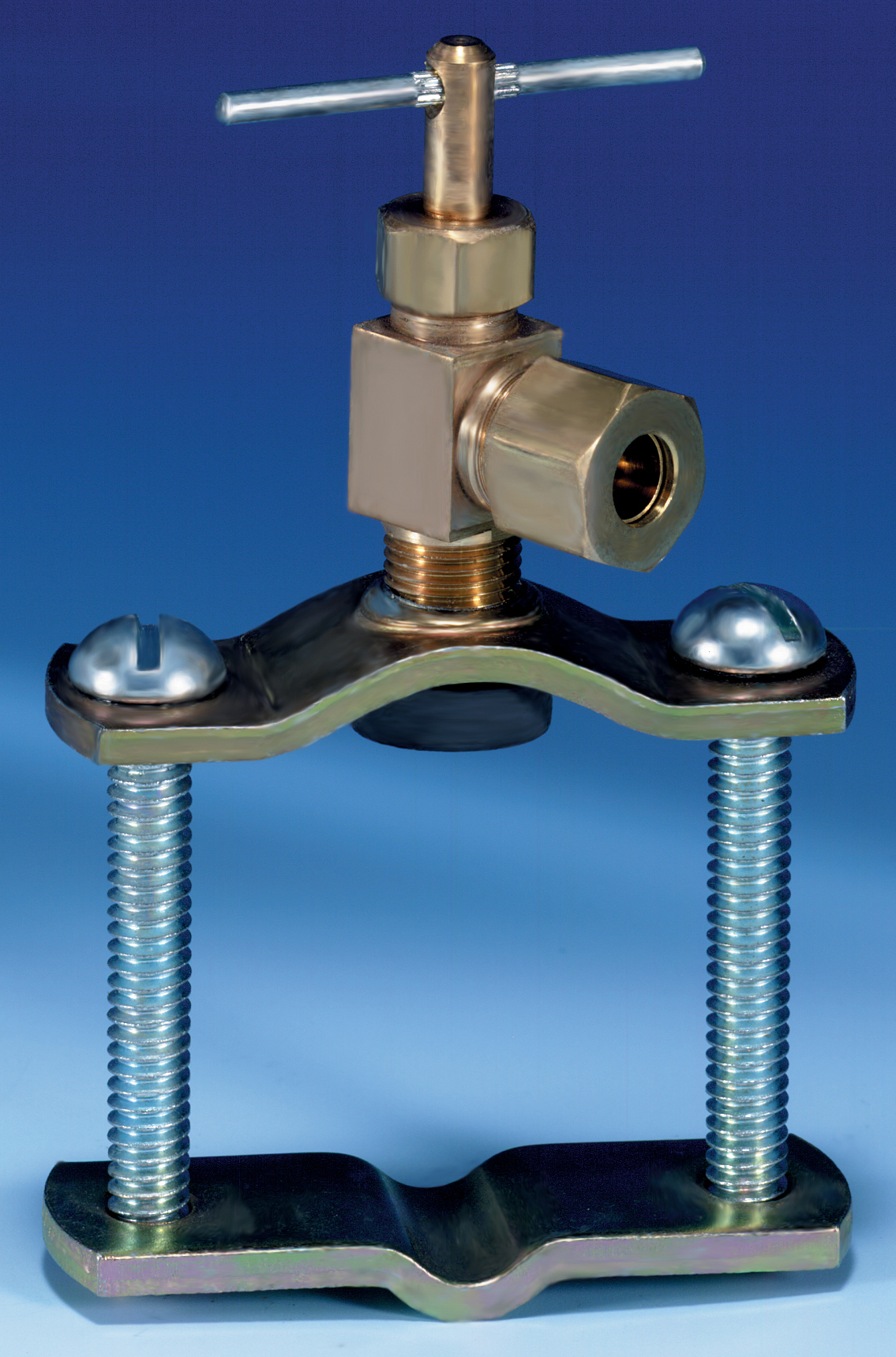






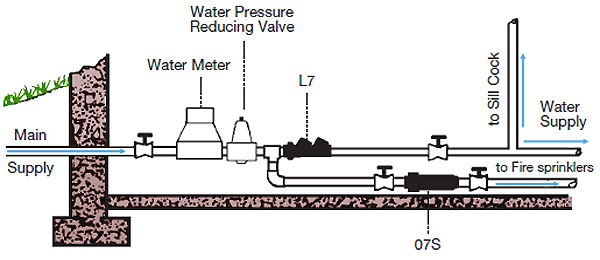


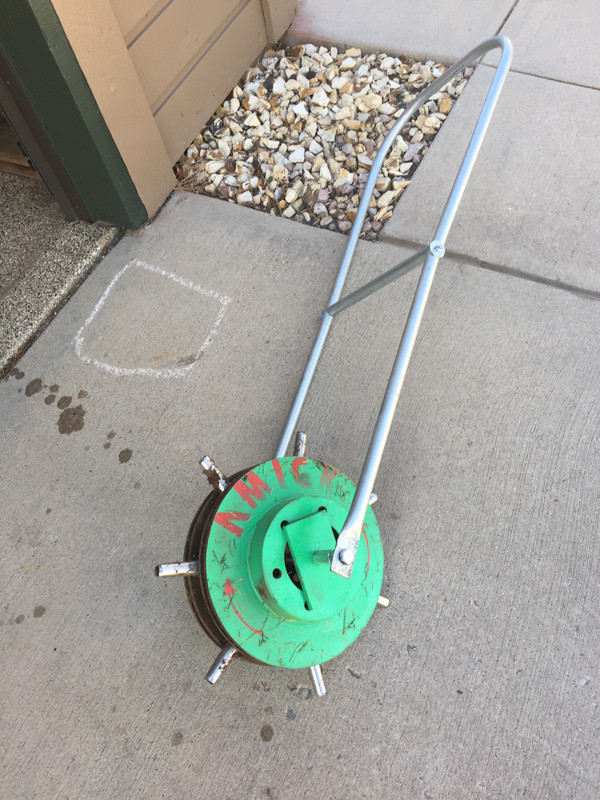




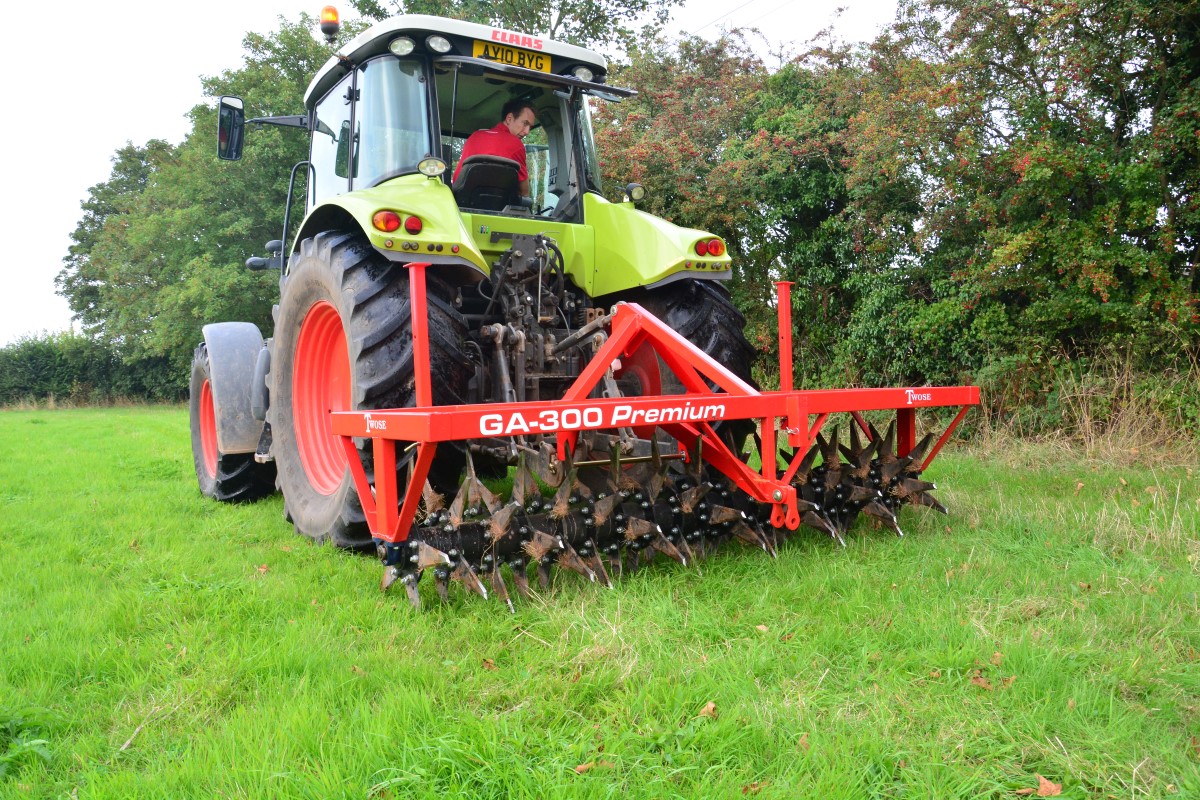
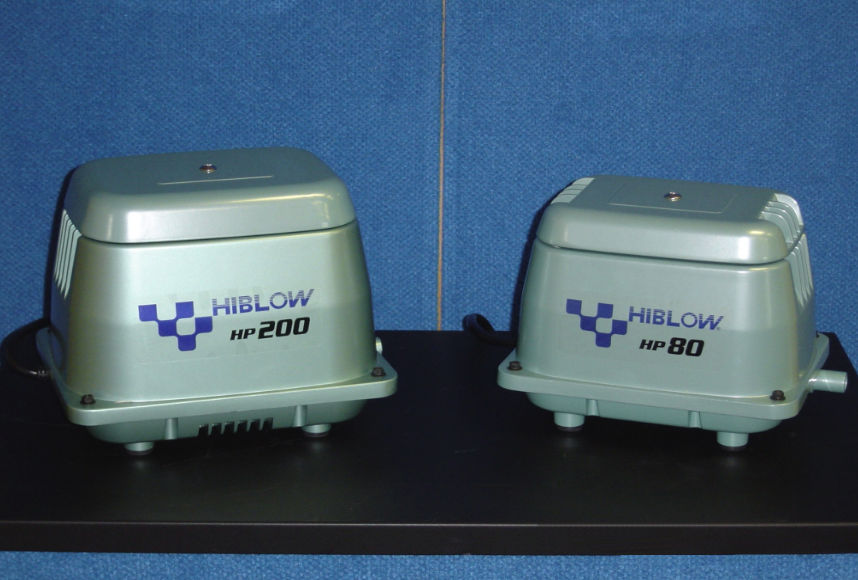
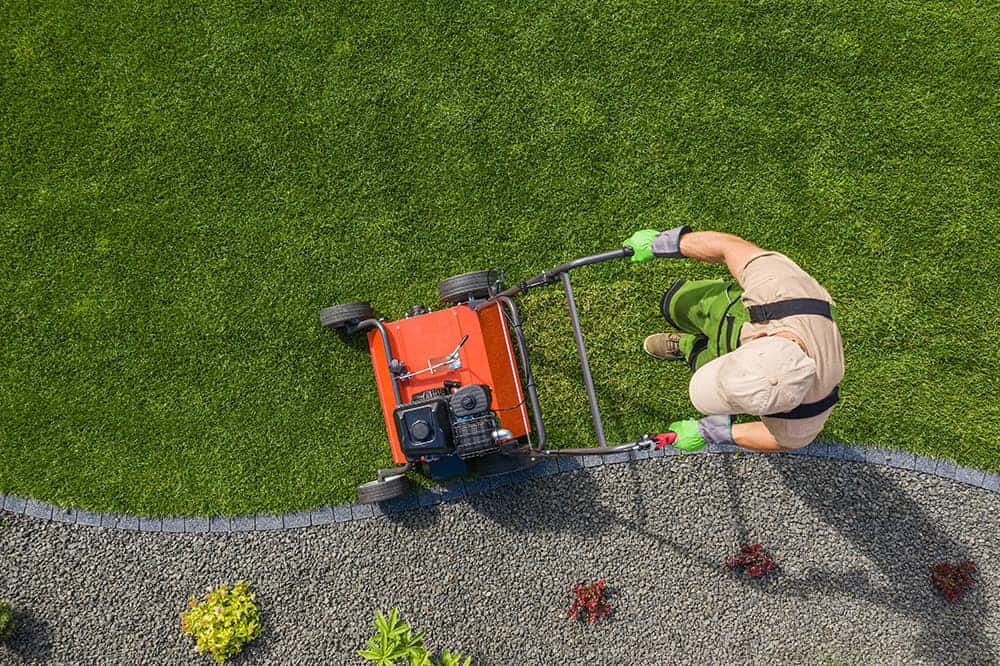

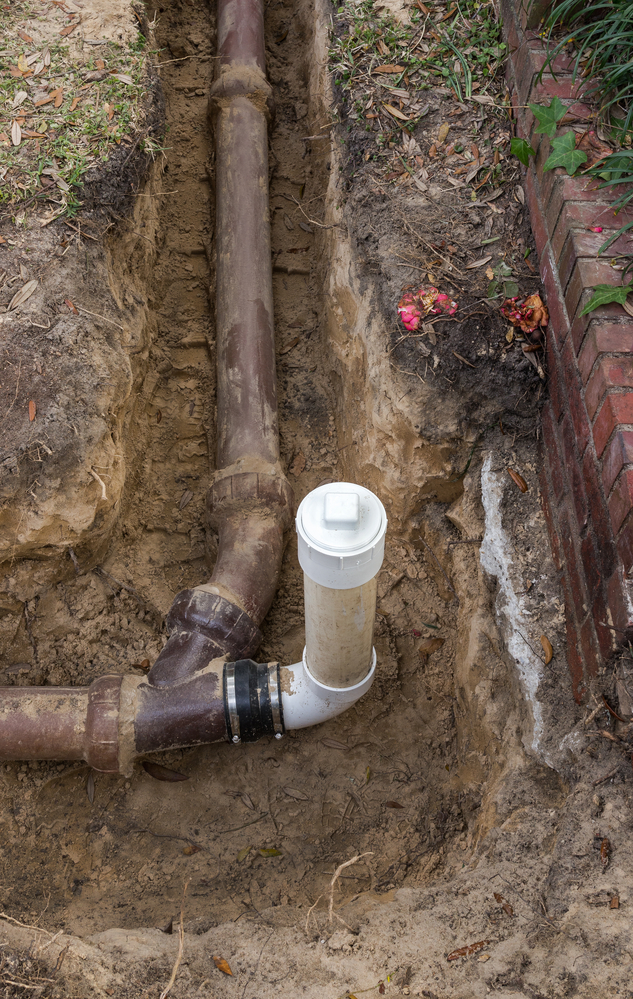






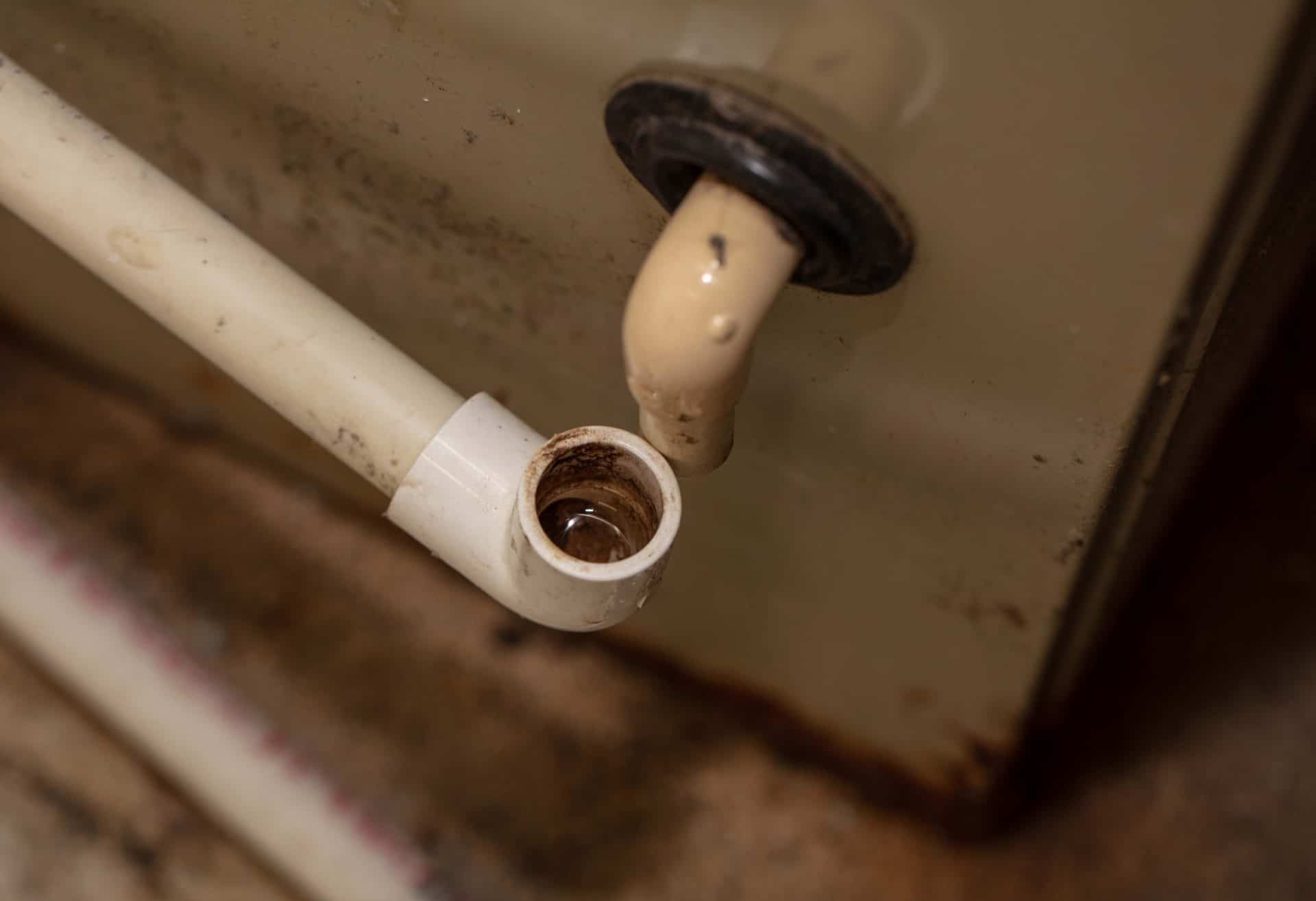

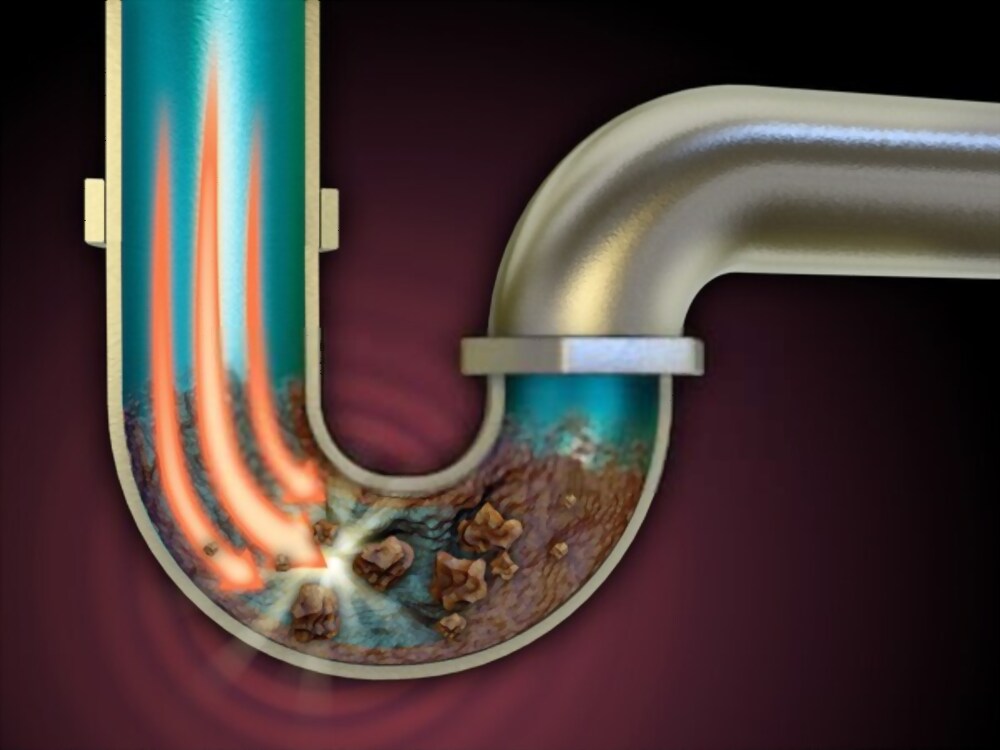






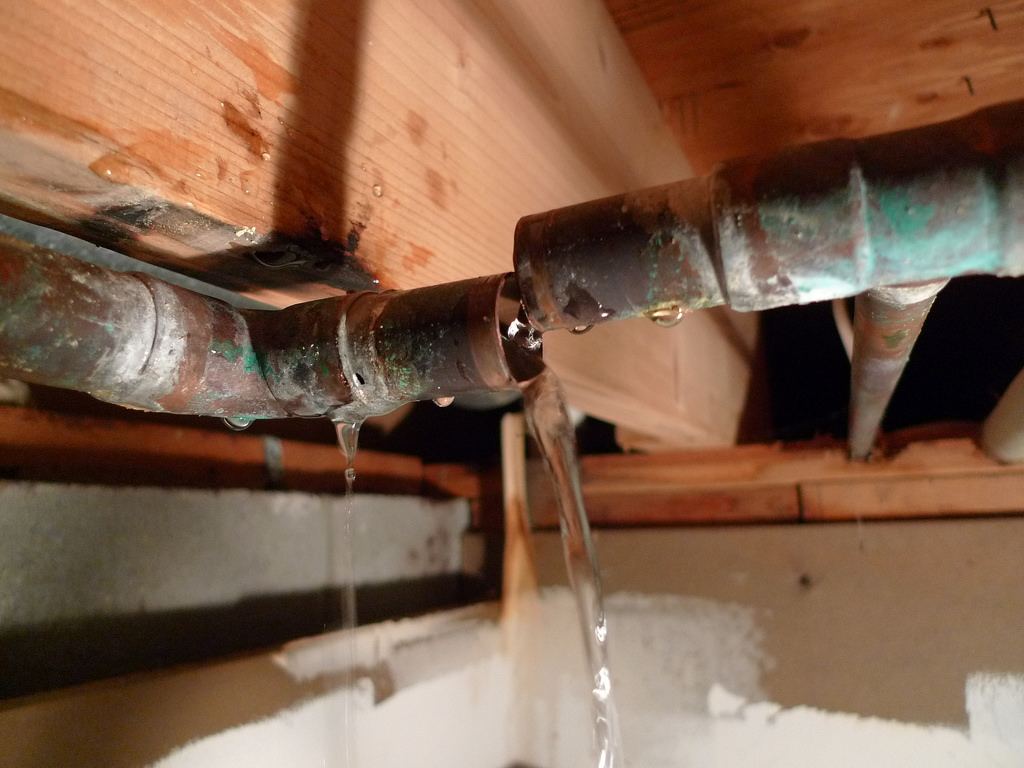
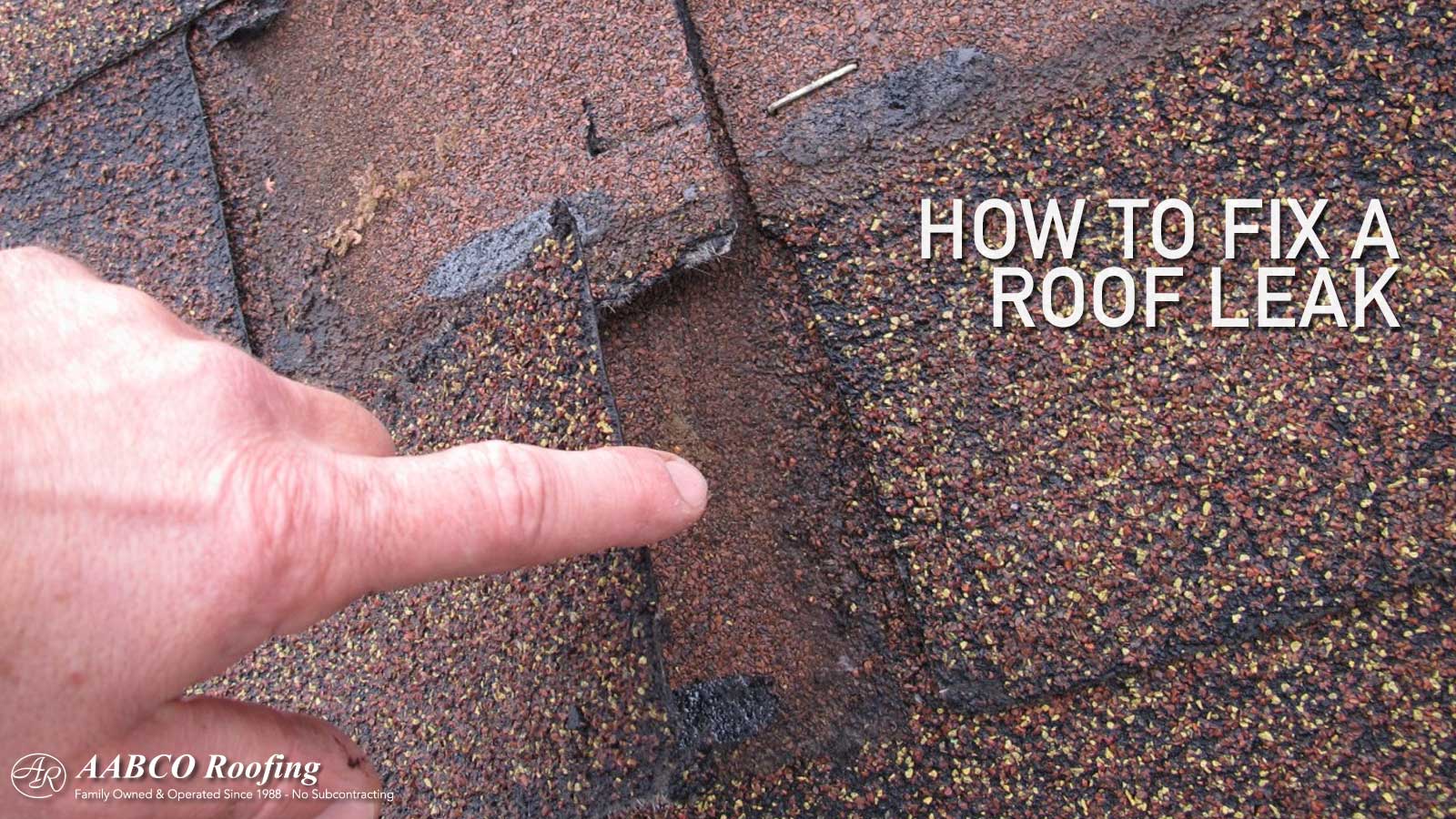
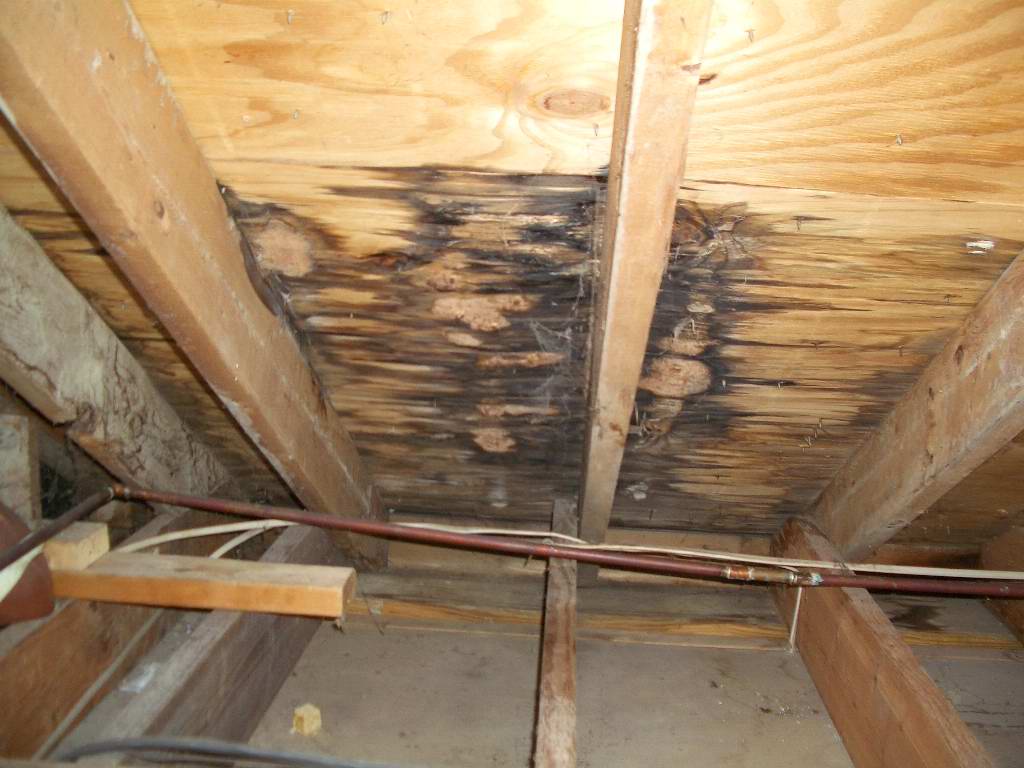
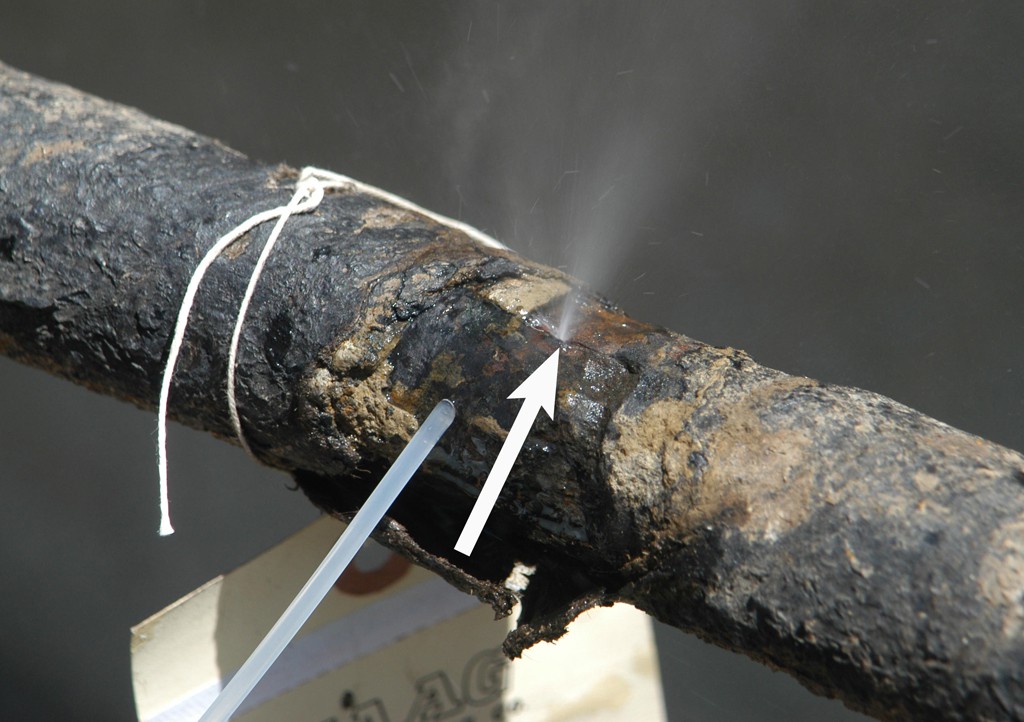

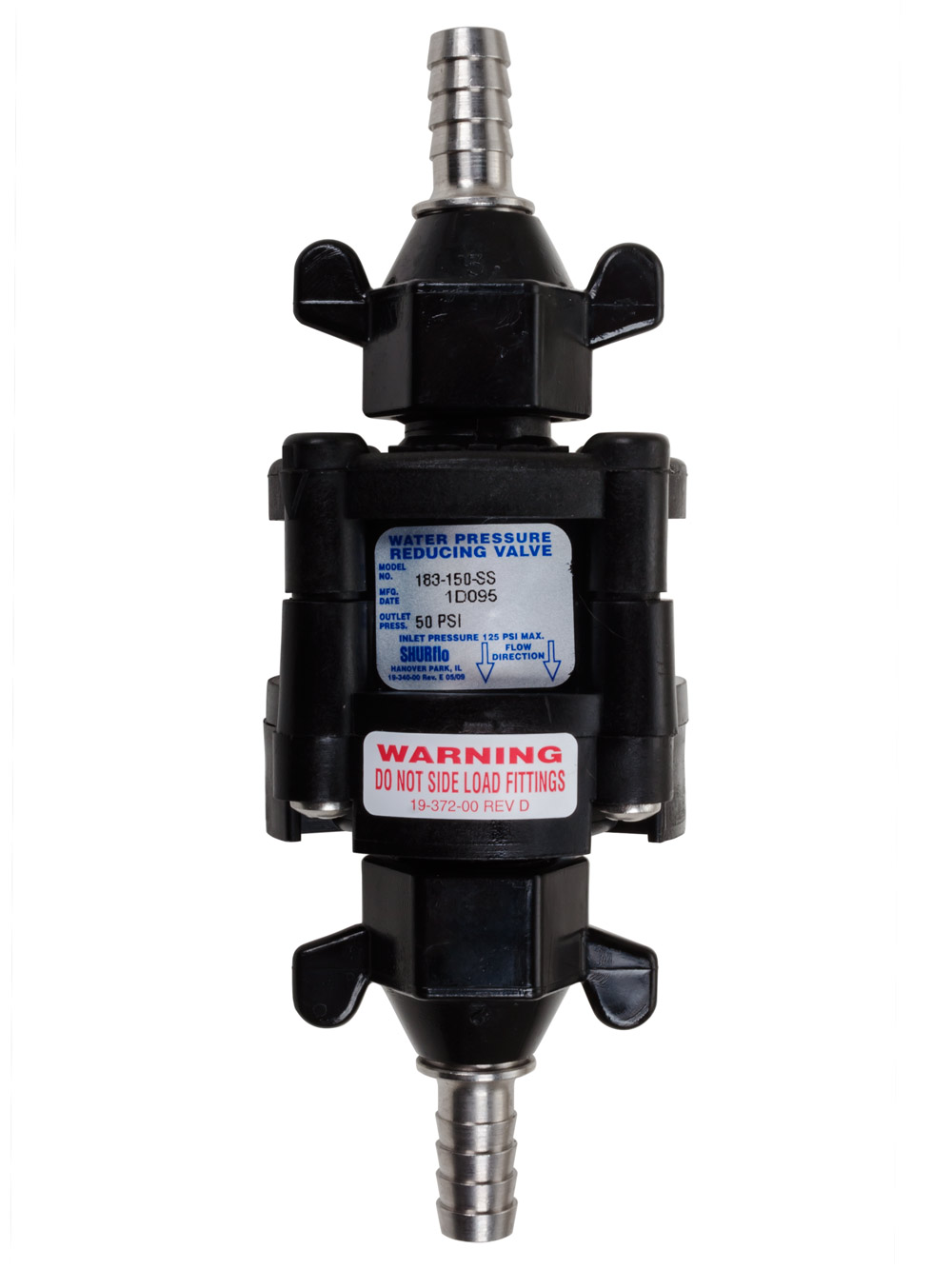
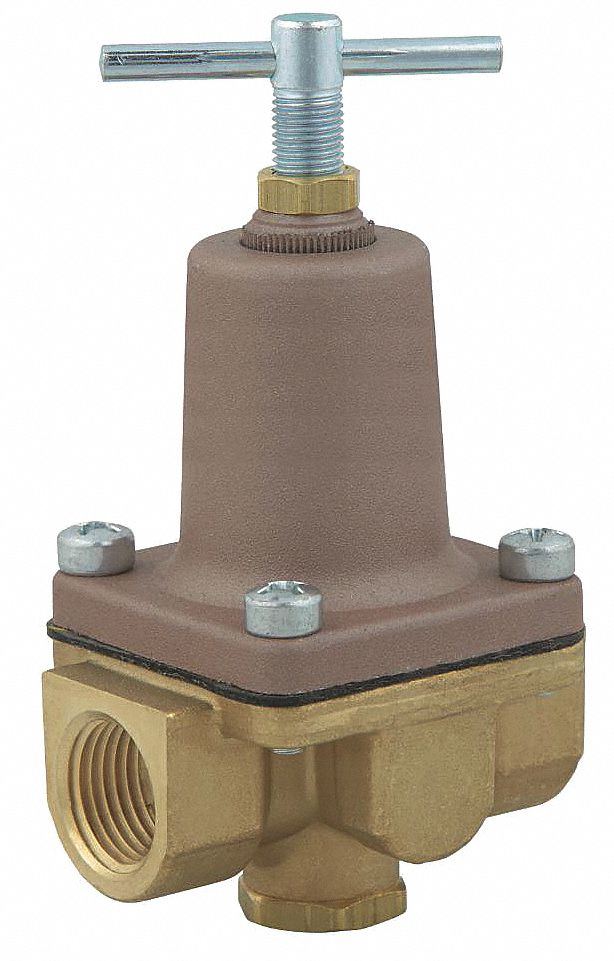
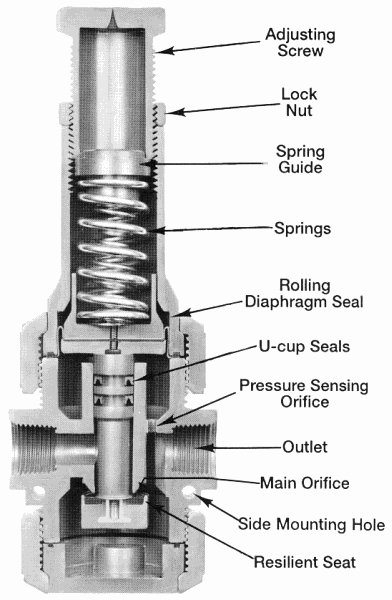
:max_bytes(150000):strip_icc()/the-men-s-hand-opens-the-ball-valve-on-the-collector-1006810456-5c5fc73fc9e77c000159c4af.jpg)


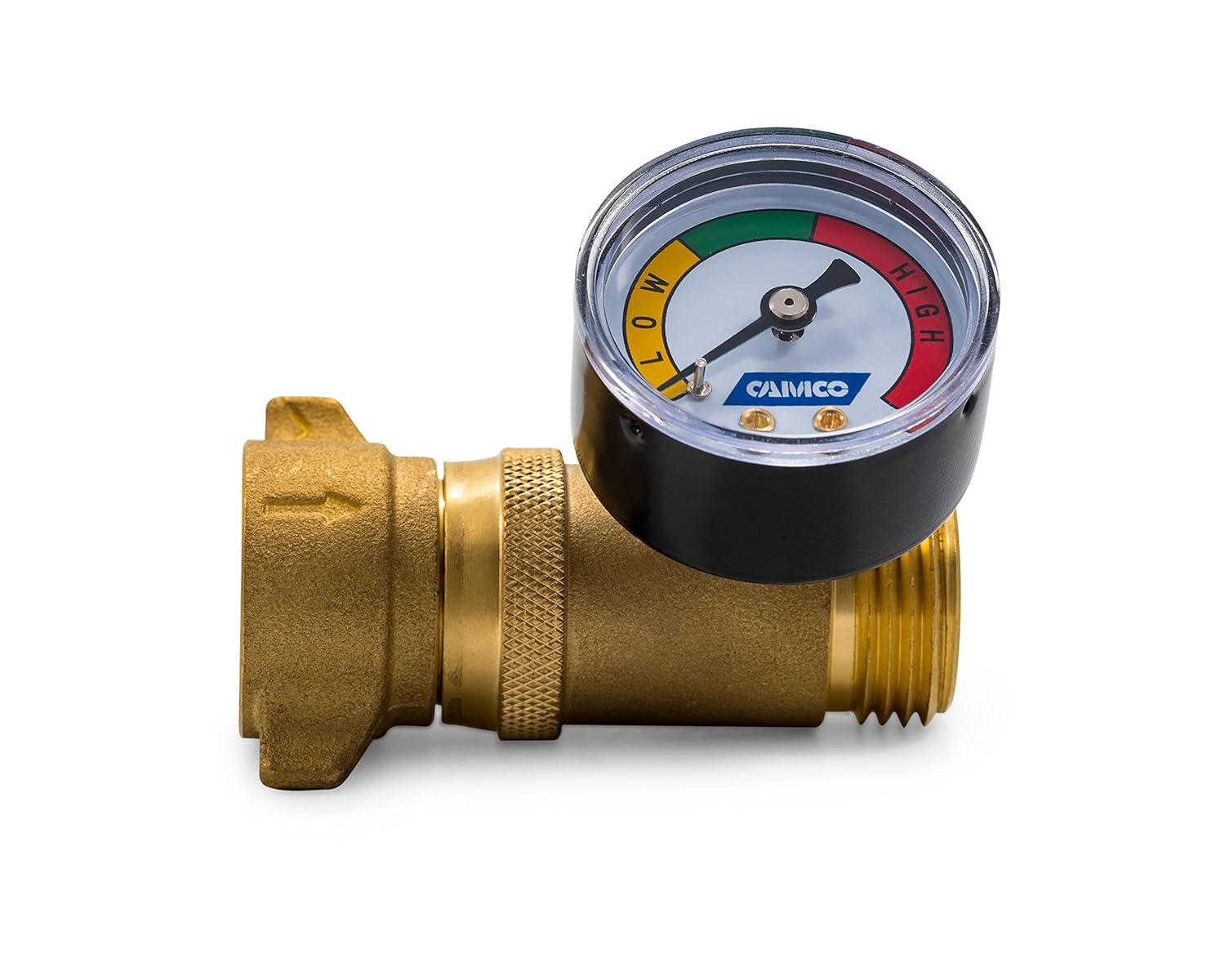
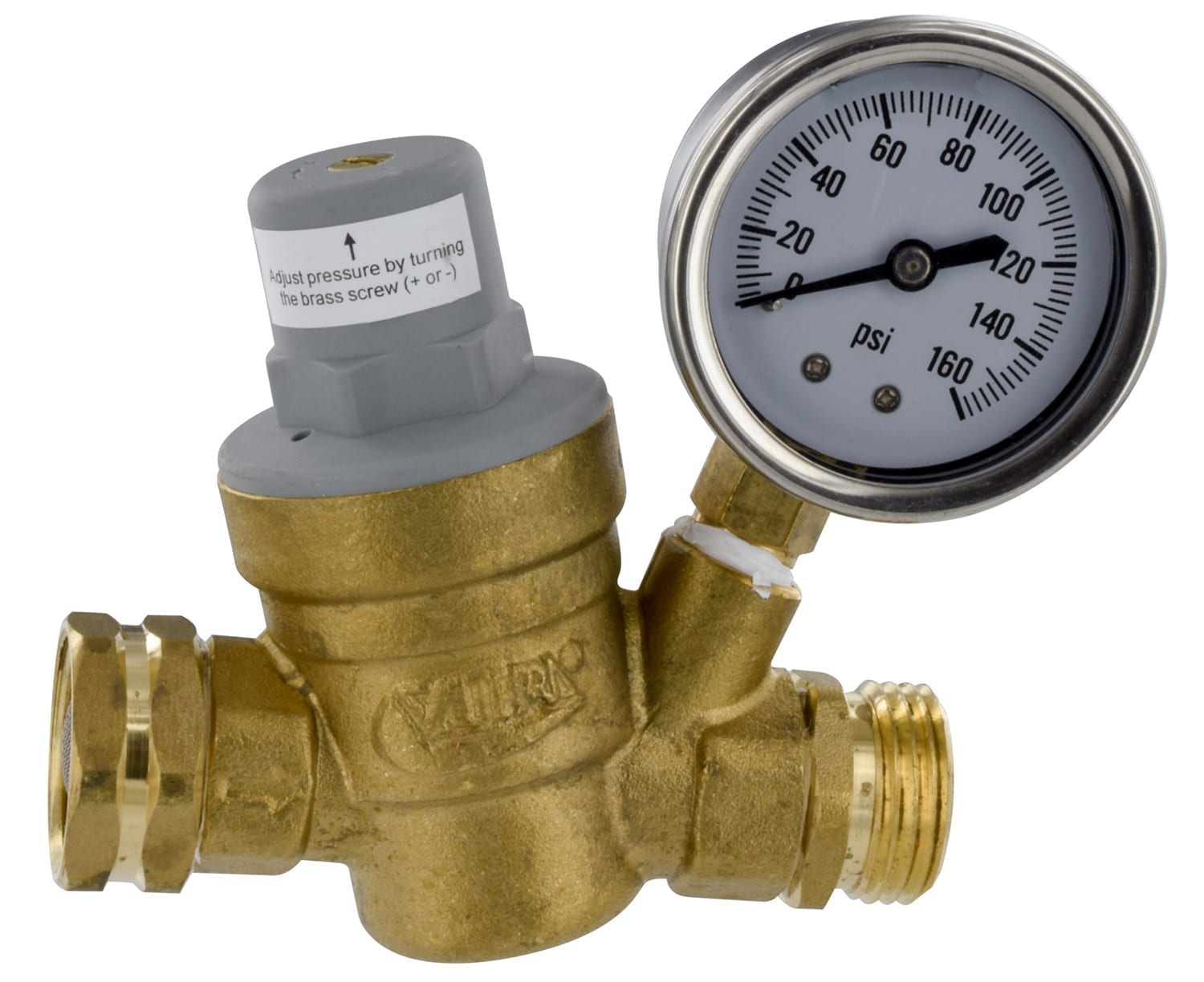

:max_bytes(150000):strip_icc()/testing-water-pressure-in-your-home-2718692-04-c37ab3236d0d4b61b87079ebf9ef823e-c1e1ef0104fb44778a287bd9bb5ec140.jpeg)


